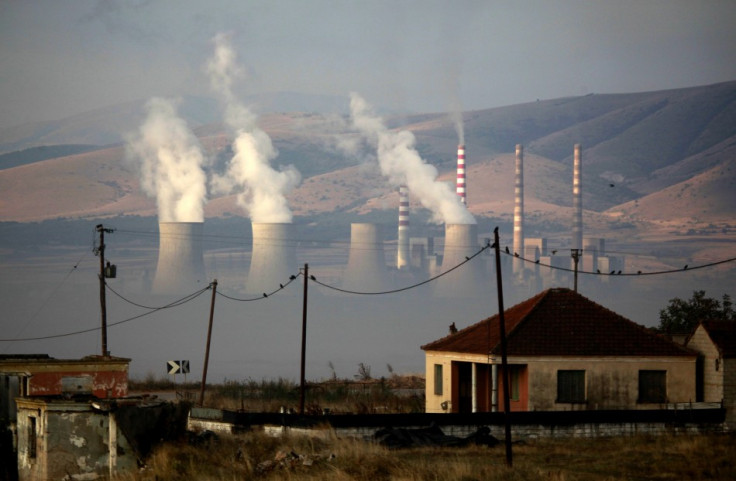Power Outages Will Become More Severe and Frequent Across the Globe Predicts Study

Smart grids will not save the day and the world will see more severe and frequent blackouts in the future, warn two researchers analysing infrastructure failure and growing addiction to electricity.
In the past decade there have been 50 significant power-outage events occurring in 26 countries. This will get worse in the future, say Hugh Byrd and Steve Matthewman in their article "Exergy and the City: The Technology and Sociology of Power (Failure)" published in the Journal of Urban Technology.
Besides failing technology and growing demand, the authors believe that dwindling natural resources will lead to more disruptions in power supply.
Almost 85,000 people in Maine are currently cut off from the grid following a snowstorm with power supplies expected to be restored only after a few days.
In yet another stark reminder of what the authors talk about, two days ago the entire country of Bangladesh was plunged into darkness following power tripping along the Indian grid supplying electricity to the country.
It may be recalled how the 2012 blackout in India left millions in the dark and without access to essentials for hours. Even after power was restored, questions remained on how well-equipped the grid infrastructure was to handle such situations.
Tracing the drop in power supply to natural collapse, inadequate supply and increasing use, they point out that cheap and abundant supply so far has fuelled an addiction to a lifestyle built around electricity.
The continuous and stable supply of electricity taken for granted in the west will be challenged with more outages. Circuit breakers will not be able to handle the overloads and frequency fluctuations.
With most power plants in the US, Japan and the European Union nearing the end of their lives, as per a Greenpeace study, major investments running into trillion dollars will be needed to upgrade the infrastructure.
British electricity regulator Ofgem has predicted a drop in spare electricity production in 2015.
With a population of 8.5 billion predicted by 2035, the electricity demand will go up by 80%.
The IEA has predicted that electricity demand will go up primarily due to a growing addiction to air-conditioning and electric vehicles.
The AC has become an essential technology around which we have built our modern world, it notes, adding that while it cools the inside it ends up heating the environment outside. In the US and China, air-conditioning accounts for 20% of domestic electricity consumption.
Tracing the effects of load shedding to traffic chaos, food poisoning and law and order problems, the study quotes from earlier ones that while the rich switch on their generators, the poor are left to swelter and suffer or re-plan the pattern of their lives.
It analyses data from various studies done on the electricity sector.
© Copyright IBTimes 2025. All rights reserved.





















